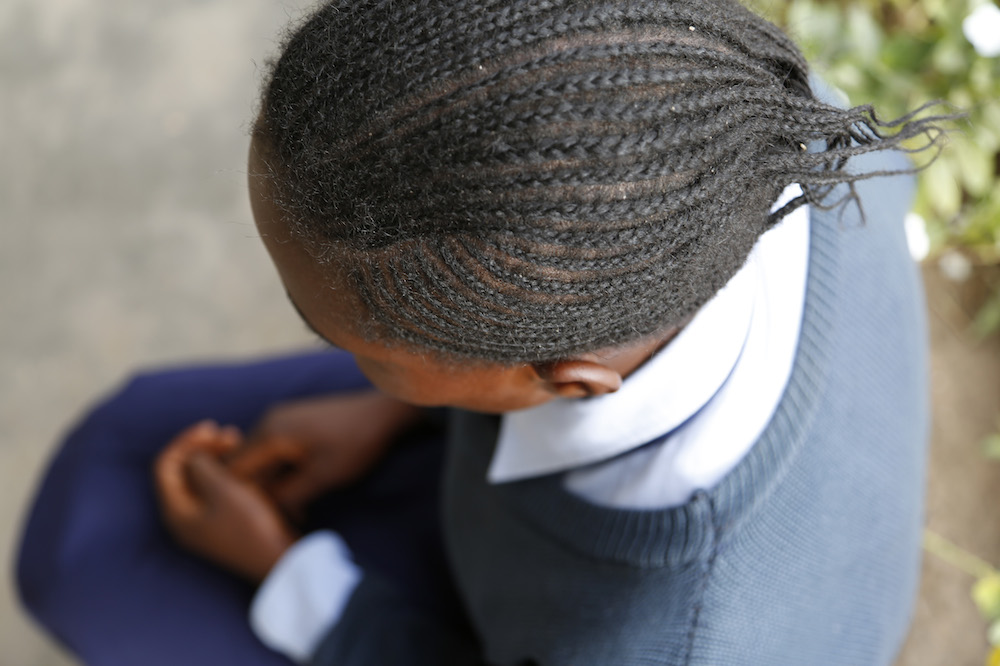
“I was forced into marriage at the age of 15, now I advocate for girls’ education”
Child marriage, Girls' education
Sylvia Kakyo tells how she experienced the "silent evil" of child marriage before launching a project in her community called Keep Me In School.
I am from Uganda and I am passionate about human rights and education. I currently live in Kampala and I’m the director of a grassroots NGO called Kakyo Girls Initiative(KGI).
KGI aims to create a favourable and protective social and legal environment for girls to accelerate the reduction of child marriages, as well as to promote awareness of the importance of quality education for both girl and boy children.
I am also the Selection Committee Chair for Young African Leaders Initiative Uganda Alumni Chapter Regional Leadership Center (YALI RLC) – an Initiative of US President Barack Obama.
My own education experience has not been easy as I was a victim of early marriage – my biggest challenge that I will never forget. I was forced into marriage at the age of 15.
Since I was a little girl I had dreams of becoming a lawyer since I was so passionate about human rights and children’s education. So when I was forced into marriage, my dreams disappeared.
I overcame this situation by addressing the root cause of the problem – other people’s mindsets and opinions about girls in my community. In many cases, girls are seen primarily as a source of income through dowry for the family. Because of this, many people feel that girls are not meant to study but instead be married off at an early age.
However, through involving communities and other young people who have experienced child marriage, we came up with a project called Keep Me In School.
It promotes education and empowers young people through capacity building, advocacy programmes and knowledge sharing to create a skilled, resilient community.
We also approached the root cause through strengthening newly defined relationships in the community to promote equality of education among children, and by building relationships based on equality between women and men and amongst different ethnicities with the help of local religious groups.
The personal experience that I went through inspired me to start advocating for education, especially girls education, to make a positive change in my community.
I personally believe that educating a child is building a strong nation. I also believe if we are to see the world we want, we need to rise up and take charge of societies around us. Sylvia Kakyo
In Uganda, child marriage remains one of the biggest silent evils. So silent that many young girls are being married off openly while members of their communities turn a blind eye.
Statistics shows that at least 46% of girls in Uganda marry before they reach 18 years old. This means that one out of every four girls is most likely to be married off, and therefore miss out on the education she deserves.
As a victim, I find this very alarming because many girls are deprived of opportunities to have a better future.
At the moment, too often girls do not have a say in marriage and are vulnerable to violence from partners, child labour and teenage pregnancy.
It is because of my personal experience that I want to accelerate reduction of child marriage by at least 10% for the next three years – and this goal keeps me advocating for education.
I personally believe that educating a child is building a strong nation. I also believe if we are to see the world we want, we need to rise up and take charge of societies around us.
It is only by doing so that we can develop the best in ourselves; the ethics, knowledge and skills that will allow us to flourish and reach our full potential

More news

Skills for the future give young people the best chance of success
